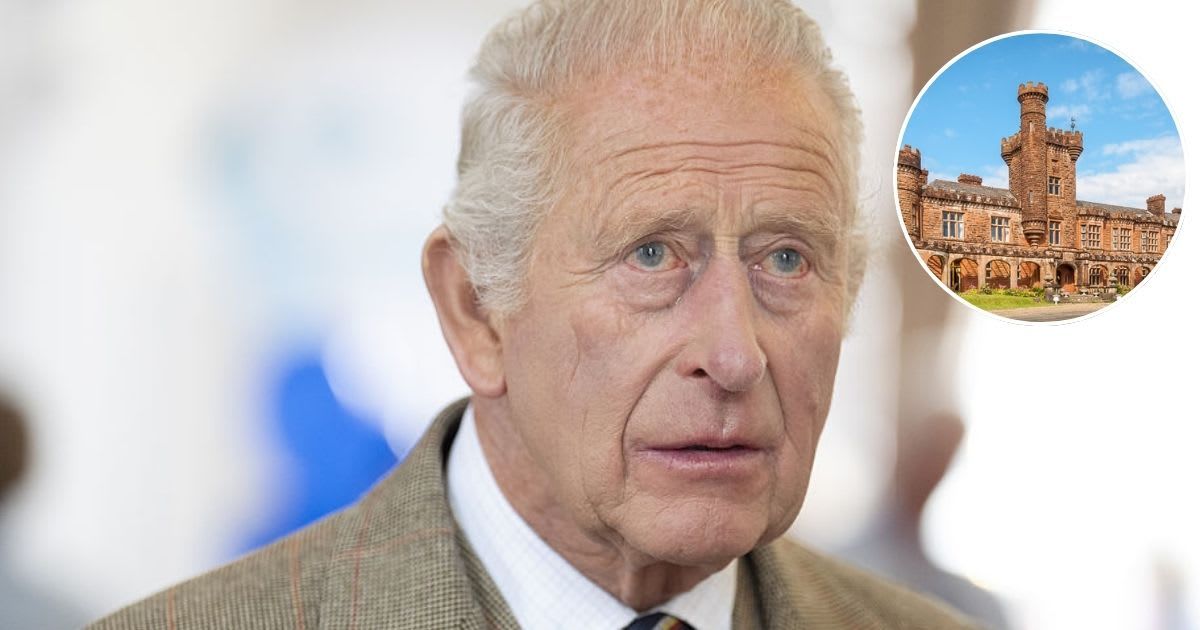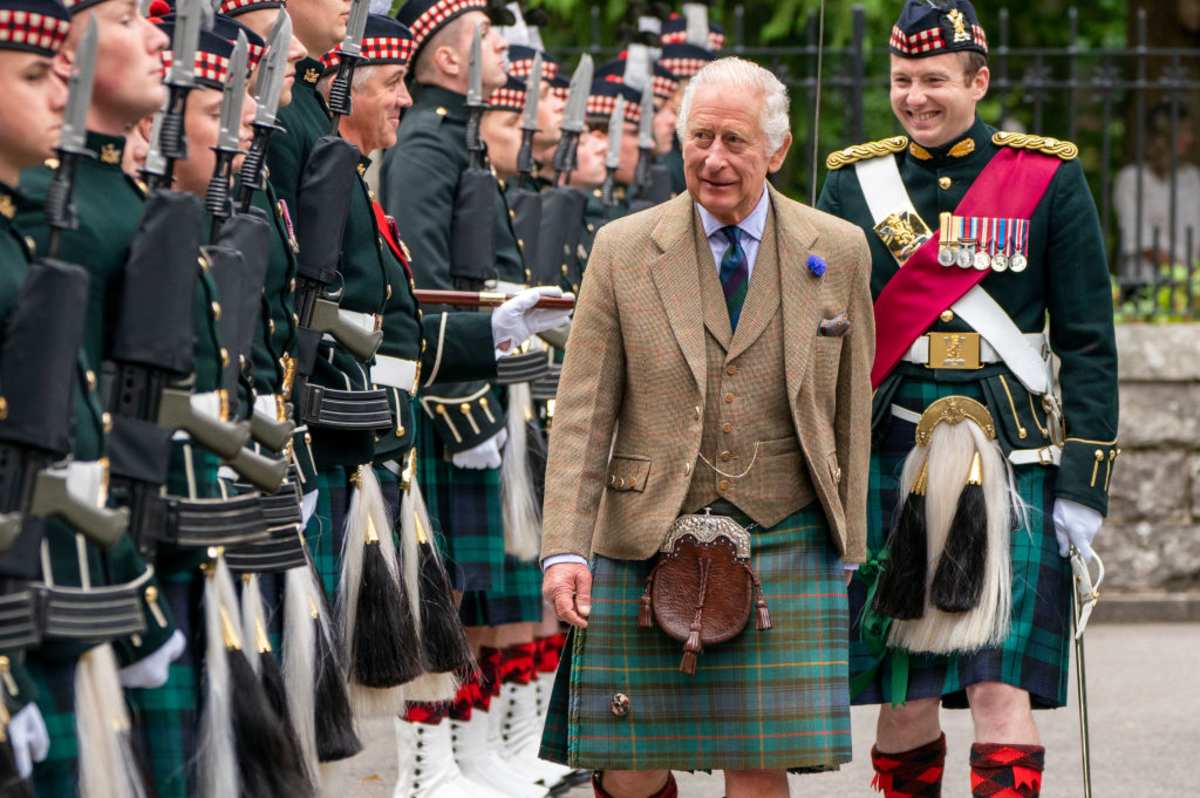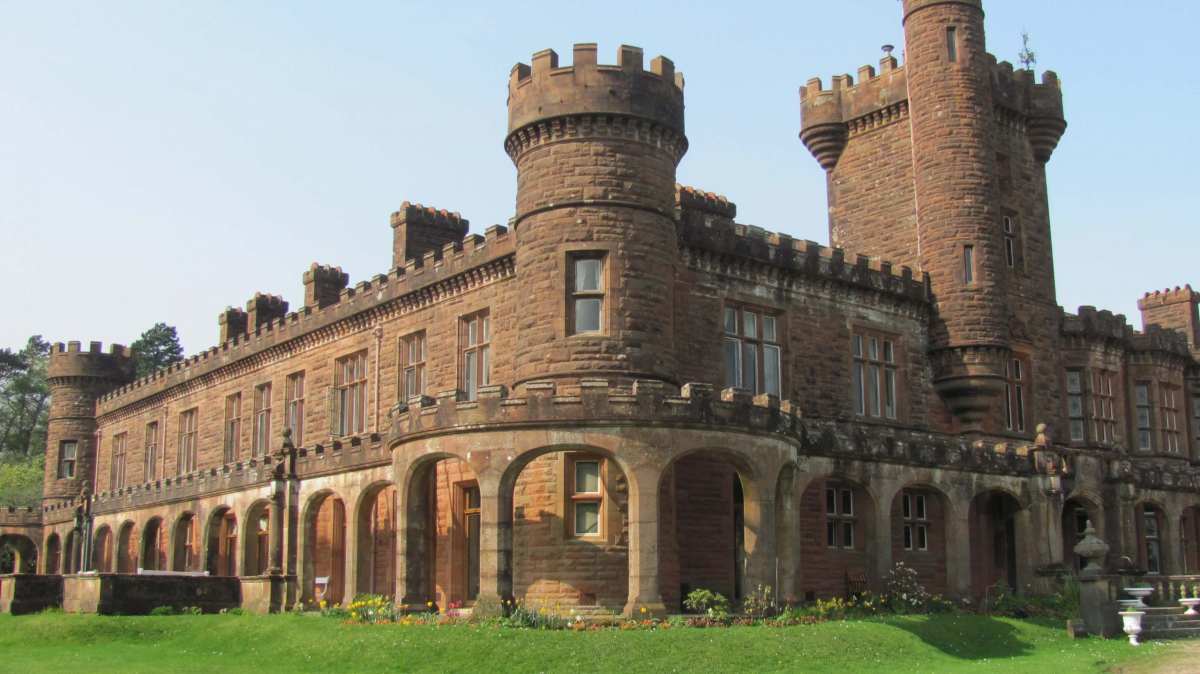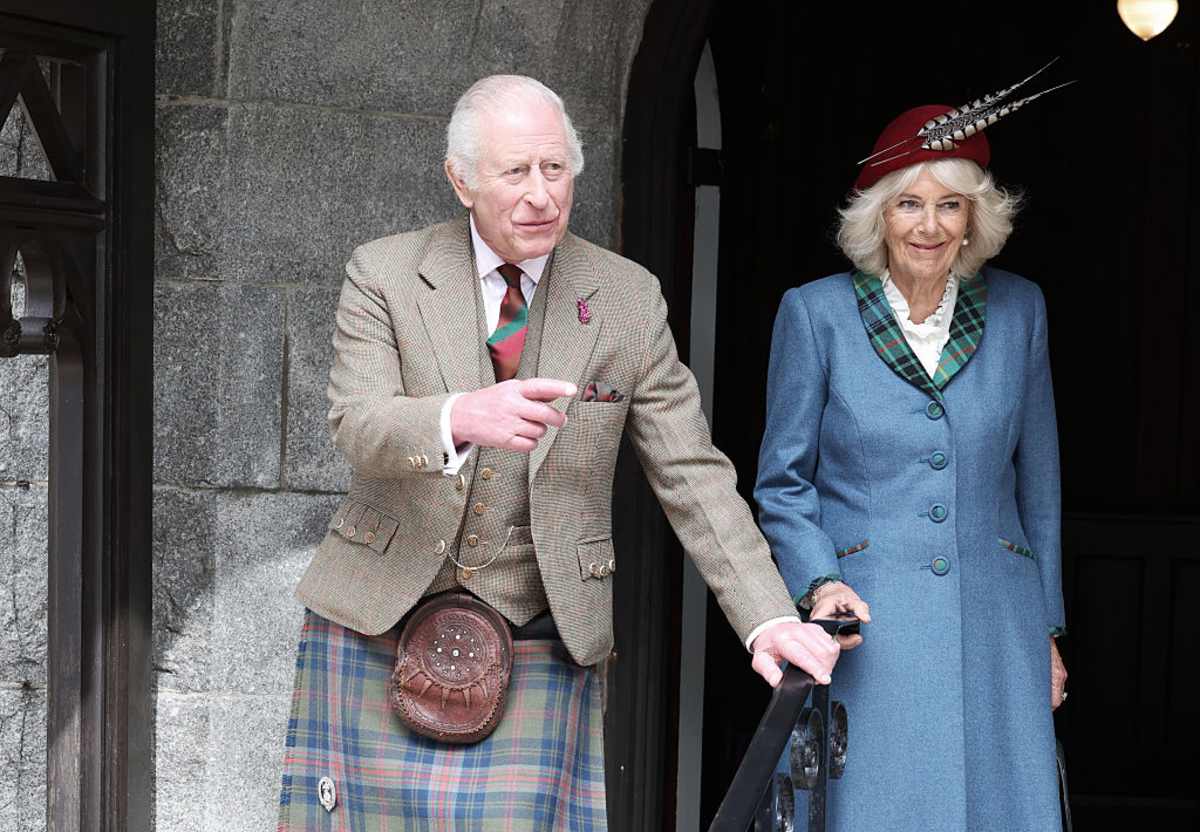King Charles’s Beloved Scottish Castle With Its Own Railway Is Back on the Market

King Charles has always had a soft corner for Scotland, where he is currently spending his annual summer vacation with his family. Before becoming the King, as heir to the throne, he spent decades visiting the country to support local communities, charities, and Scotland’s rich heritage. One of his favorite places to visit was Kinloch Castle on the Isle of Rum, admired for its unique architectural grandeur and historical significance. Now, the majestic estate is back on the market after businessman and multimillionaire Jeremy Hosking withdrew his bid.

The crumbling Victorian mansion first appeared on the market in 2021 when its owners decided selling was the only way to preserve it. As reported by Tatler, once a lavish retreat for royals and aristocrats, Kinloch Castle sits at the head of Loch Scresort on the remote, rugged Isle of Rum. With a population of around 40, Rum is the largest of the Small Isles south of Skye. Owned by the Scottish government agency NatureScot, the empty Castle is back on the market, with offers starting at over $1,013,267. This follows after Hosking, worth approximately $506 million, withdrew his bid two years ago, citing opposition from Lorna Slater, the Scottish Greens’ biodiversity minister at the time.

Chris Donald from NatureScot spoke of the sale, "For the right buyer, this offers a rare opportunity to be part of Scotland's heritage by restoring an iconic building and grounds which are of historical and cultural importance to the Isle of Rum and beyond. We look forward to hearing from prospective buyers and will, of course, be keeping island residents directly informed of progress." Previous efforts to preserve the Estate included a community-led buyout and an ambitious plan to build a 41-bed hostel and educational center adjacent to the mansion, along with seven luxury flats. The project was backed by the then-Prince Charles and The Prince’s Regeneration Trust. Sadly, after insufficient government support, NatureScot concluded that selling the property was the only viable way to save it.
Kinloch Castle was built between 1897 and 1906 by wealthy industrialist Sir George Bullough. The mansion featured luxurious bedrooms, a ballroom, a billiard room, and even a power plant and private railway for servants and supplies. Today, it is recognized as a Category A listed building, reflecting its architectural and historical significance, and remains a symbol of Scotland’s Victorian heritage. Charles had expressed his desire to preserve its unique architectural features while ensuring its environmental sustainability.

As for Charles's love for Kinloch, according to The New Zealand Herald, in 2006, he had visited the Castle alongside Queen Camilla to explore environmentally sustainable restoration options through The Prince’s Regeneration Trust. He aimed to transform the Castle into a 'green' facility and support eco-friendly energy solutions such as solar panels and independent power supplies, which aligned with his broader advocacy for heritage-led regeneration and sustainable development. Sadly, leaks, damp, woodworm, and dry rot continue to devour the 1,200-square-metre property, despite investment by The Nature Conservancy, as well as the Scottish Natural Heritage.
